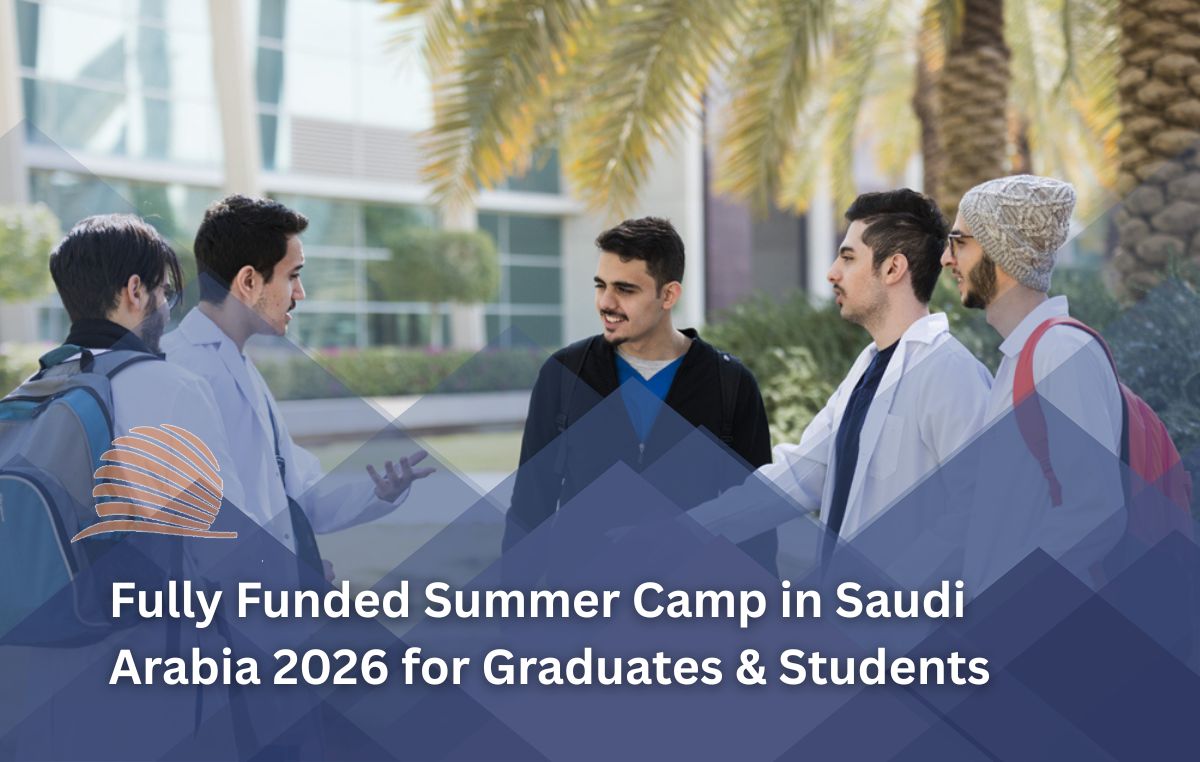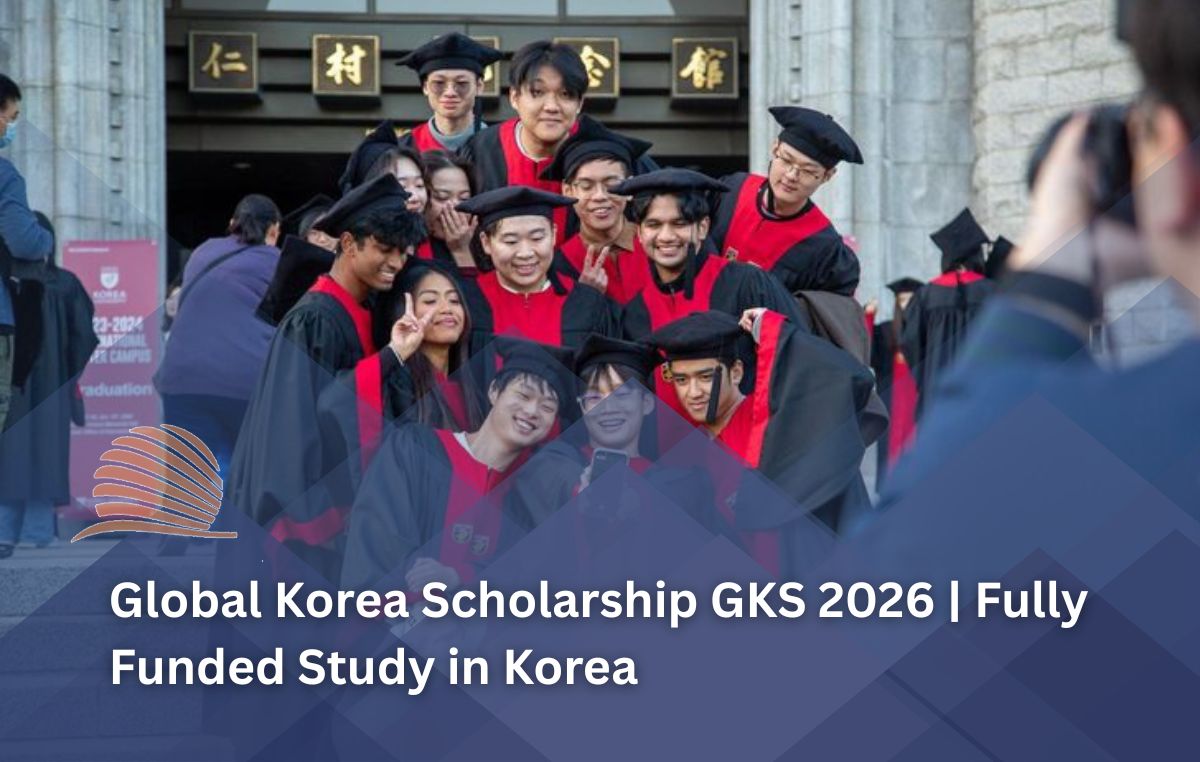U.S. Student Visa 2025 for Pakistani Students
October 21, 2025 • 549 Views
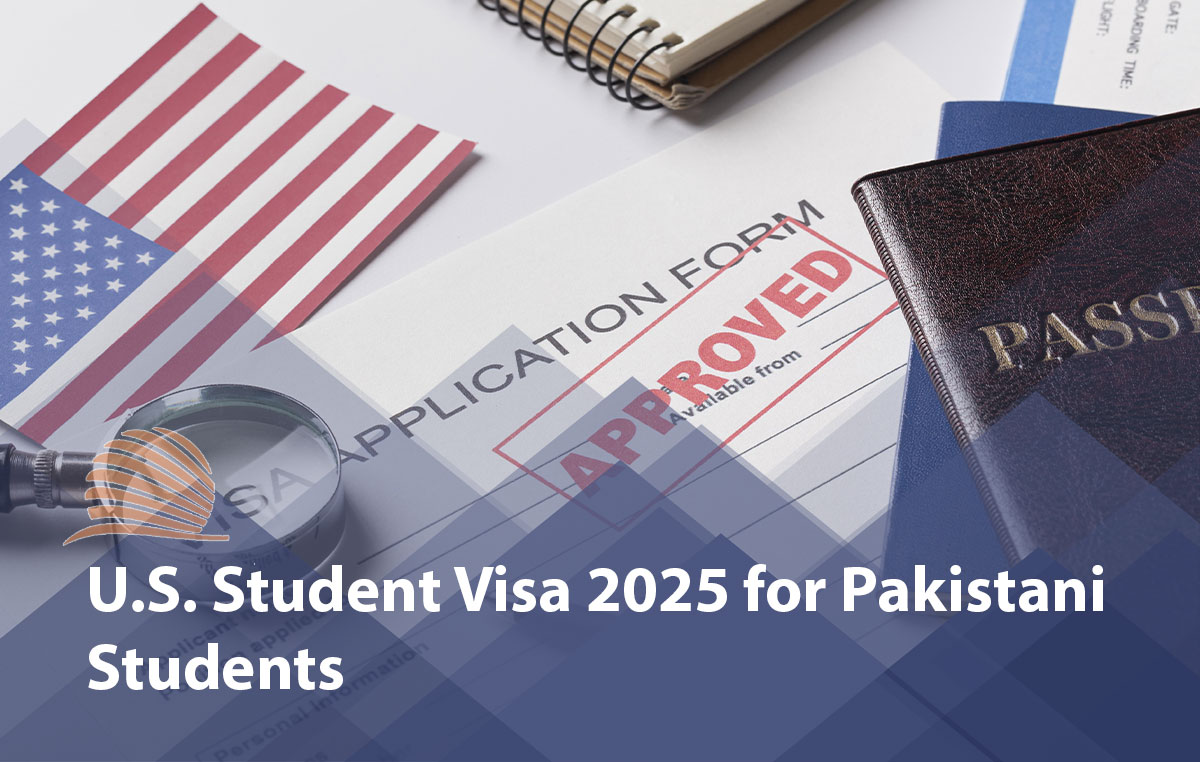
Study abroad expert advice
Don't waste time! just fill the form to get help.
The United States has always been one of the most popular study destinations for Pakistani students. Every year, thousands of talented young people from Pakistan travel to top American universities to pursue degrees in engineering, business, medicine, and other fields. However, in 2025, new U.S. visa regulations have brought major changes that every Pakistani student must understand before applying.
These updates, introduced by the U.S. Department of State, aim to increase security checks for international students. While much of the media coverage focuses on Indian students, the new visa screening rules apply globally — including to students from Pakistan.
Check: University of Miami Stamps Scholarship 2026
Overview of the New U.S. Student Visa Policy 2025
In mid-2025, the U.S. government strengthened its visa vetting procedures for international students under the F-1, M-1, and J-1 categories. This new process focuses on verifying the applicant’s identity, intent, and online activities to ensure national security.
Here’s what’s new:
- Social Media Review: All applicants must now list every social-media handle they’ve used in the past five years. Visa officers will review profiles to detect any anti-U.S. or extremist content.
- Public Account Requirement: Private accounts may lead to delays or additional questioning. Applicants are encouraged to make their profiles public during the review period.
- Longer Processing Times: Because of the enhanced background checks, visa processing may take longer than before.
- Tighter Screening Interviews: Consular officers are conducting more in-depth interviews to assess intent and eligibility.
These steps apply to all countries — which means Pakistani students must also follow these guidelines carefully.
What These Rules Mean for Pakistani Students
For Pakistani applicants, these new U.S. visa policies mean extra preparation and greater transparency. Here’s how you can stay ahead:
Clean Up Your Digital Footprint
Review your social-media content carefully. Delete or archive posts that could be misinterpreted. Avoid political or controversial statements that might raise concerns during the visa review.
Prepare Strong Documentation
Provide a clear study plan, financial proof (bank statements, scholarship letters, or sponsor support), and a valid university admission letter (I-20 form). Consistency in your information is crucial.
Apply Early
Due to increased screening, visa processing can take longer. Apply at least 90 days before your semester begins.
Be Honest in Your Interview
Always provide truthful information. Inconsistencies between your visa form (DS-160), interview answers, or online activity can lead to denial.
Stay Updated
Check official embassy announcements regularly. Avoid relying solely on social media pages or agents — the most accurate updates come from travel.state.gov or the U.S. Embassy in Pakistan.
Why the U.S. Still Remains a Top Choice for Pakistani Students
Despite the tighter screening, the U.S. continues to offer unmatched educational opportunities. With over 4,000 accredited universities, cutting-edge research facilities, and diverse learning environments, American higher education remains one of the best in the world.
Pakistani students especially thrive in fields like:
- Engineering and Computer Science
- Business Administration and Finance
- Public Health and Medicine
- Political Science and International Relations
- Artificial Intelligence and Data Science
Moreover, scholarships like the Fulbright Program and Hubert H. Humphrey Fellowship continue to support talented Pakistani students every year.
Final Thoughts
The new U.S. visa rules of 2025 may seem challenging, but they’re manageable with the right preparation. Pakistani students who stay informed, transparent, and proactive will still have an excellent chance to study at world-class universities in America.
Your journey to the U.S. may now require more diligence, but it’s still one of the most rewarding paths for education, career growth, and global exposure.
Related News
Consultants for United States
-

Joji higher education services, karachi -

Nsa consultants & legal advisors -
.jpg)
Heds international -

Education links -
Muhammad Akram ch (CEO)logo hcs (1).jpg)
Hadi consultancy servicess -

Abn overseas education -

Fes higher education consultants pvt ltd. -

Midlands consultants -
.png)
Career o'clock -

Bada global education (pvt) ltd -
.png)
Edfolio international education counselors -
.png)
Education abroad consultants
Latest Scholarships
-
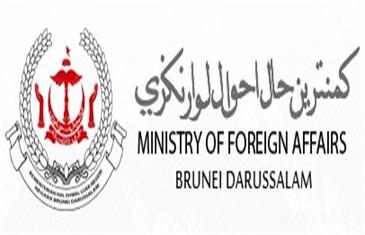 United-Arab-Emirates
United-Arab-EmiratesGovernment of Brunei Darussalam Scholarship Fully Funded for International Students
-
 Turkey
TurkeyTurkiye Burslari Scholarship 2026 Study in Turkey Fully Funded
-
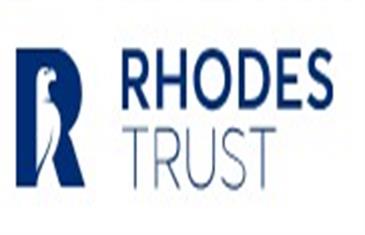 UK
UKRhodes Scholarship 2026 Fully Funded at University of Oxford UK
-
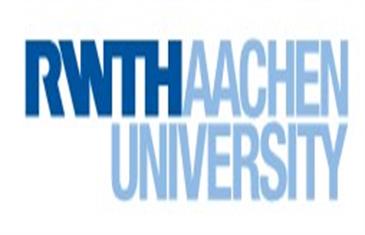 Germany
GermanyDAAD STIBET Scholarships at RWTH Aachen Support for Highly Engaged International Students in Germany


